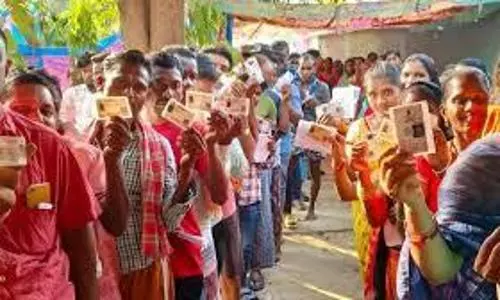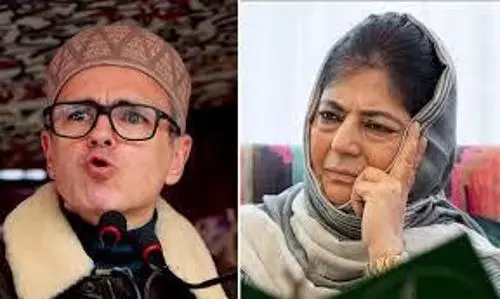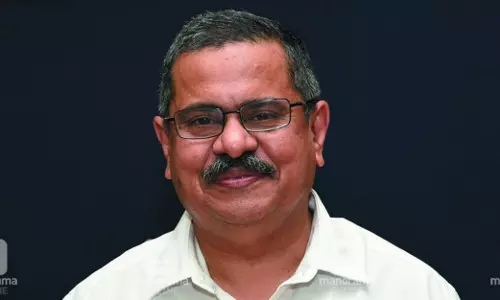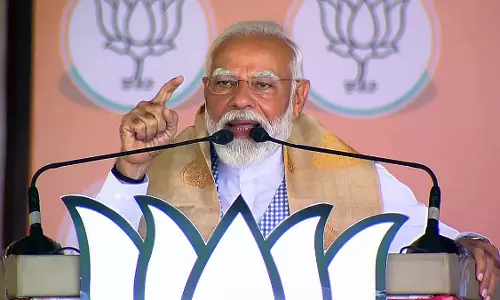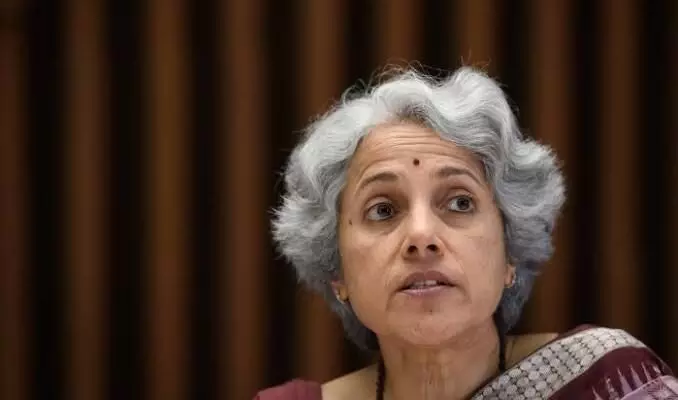
WHO calls mixing and matching of different COVID vaccines dangerous
text_fieldsGeneva: The World Health Organization's (WHO's) chief scientist Dr Soumya Swaminathan on Monday warned against mixing and matching of Covid-19 vaccines by different manufacturers, calling it a "dangerous trend" and saying that there was a lack of data about the impact of the process.
In an online briefing, Swaminathan said that they have been receiving a lot of queries from people who say they have taken one [dose] and are planning to take another one (doses).
However, she added that it was a little bit of a dangerous trend as we are in a data-free, evidence-free zone as far as mixing and matching.
Mixing and matching Covid-19 vaccines is a method of immunisation in which two doses of the shot from different manufacturers are given to a beneficiary.
Most vaccines currently in use, including those of Pfizer, AstraZeneca and Bharat Biotech, are all required to be administered in two doses with the prescribed intervals between the shots differing for each vaccine.
"There is limited data on mix and match. Studies are going on, we need to wait for that. Maybe it will be a very good approach. But, at the moment we only have data on the Oxford-AstraZeneca vaccine, followed by Pfizer. It will be a chaotic situation in countries if citizens start deciding when and who will be taking a second, a third and a fourth dose," PTI quoted Swaminathan as saying.
Swaminathan also stressed the need for equal distribution of the vaccine globally.
"We have four countries that have announced booster programs and a few more that are thinking about it. If 11 high and upper-middle-income countries decide that they will go for a booster for their population, or even sub-groups, this will require an additional 800 million doses of vaccine," she said.
She also said that there is no scientific evidence that a booster shot is needed, especially immediately after the inoculation of the two doses.
Instead, she said that the medicine needs to be distributed via the COVAX program to countries that are yet to immunise their front-line workers and the elderly and the vulnerable populations.





